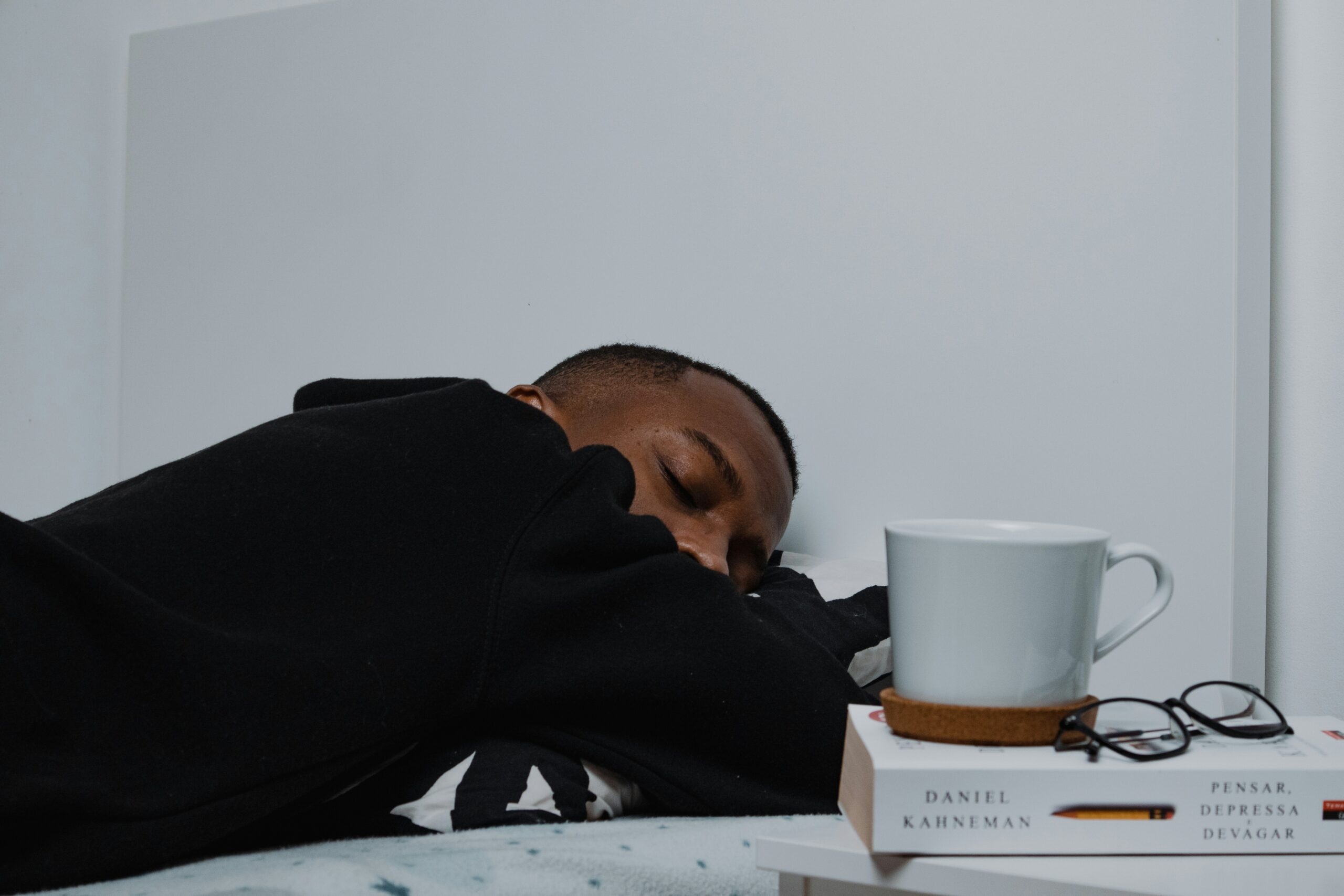Medical Detox
Safe, structured detox that sets the stage for recovery.

What Detox Looks Like at Northpoint
Medical detox is the first step in treating addiction for many, and how it’s done can shape the rest of your recovery. We provide a safe space to stabilize and prepare for what comes next.
24/7 Medical Supervision
Our team monitors you around the clock, using medications and clinical support to ease withdrawal symptoms, reduce risk, and keep you safe during detox.
Emotional & Clinical Support
Detox is more than physical. You’ll have support to manage stress, anxiety, and cravings while beginning to stabilize emotionally in early recovery.
Comfortable Environment
You’ll recover in a clean, calm, welcoming space where staff treat you with care and respect. It’s a place where you can start to feel safe again.
Who Needs Medical Detox?
Not everyone needs medical detox, but for some, it’s the safest way to begin recovery. If you’re unsure, here are a few signs that detox might be the right first step.
You’ve Tried to Quit Alone
- Withdrawal symptoms became too intense or difficult to manage on your own.
- You returned to using despite wanting to stop.
- You felt unsafe, overwhelmed, or unsure of what to do next.
Daily or Heavy Substance Use
- Your body has built a tolerance and depends on the substance.
- Stopping suddenly could cause serious physical or emotional symptoms.
- A medical team can help ease the transition and monitor your health.
Had Withdrawal Symptoms Before
- You’ve experienced symptoms like shaking, nausea, anxiety, or seizures.
- Past attempts to quit have led to hospitalization or relapse.
- You need a safer, more supportive way to start recovery.
Using Multiple Substances
- Mixing drugs or alcohol increases the risk of complications during detox.
- Withdrawal symptoms may overlap and become harder to manage.
- A medically guided plan ensures you detox safely and with the right care.
Our Medical Detox Process
Detox at Northpoint is carefully designed to help you feel safe, supported, and ready for what comes next. Here’s what to expect:
Starts With a Full Assessment
We take time to understand your medical history, substance use patterns, and mental health needs. Your detox plan is built to fit your body and goal.
Stabilize Safely
As your body adjusts, our medical team monitors symptoms, provides medications if needed, and eases discomfort. You’ll have 24/7 support to help you feel more stable and in control.
Transition to Next Step
We’ll work with you to develop a seamless transition plan, whether that’s our inpatient rehab program or another form of treatment. This ensures continuity of care and support.

66%
of Northpoint patients report fewer cravings after four weeks of treatment.
“This was one of the best decisions I’ve ever made. I was nervous to go but the staff & other patients were kind, helpful, supportive…I met lifelong friends here, eternally grateful for this experience. Thank you NorthPoint!”
— Kayla O.
Detox Is Just the Beginning
Once your body starts to heal, the next step is finding the right program to support your long-term goals. Whether you need the structure of inpatient care or the flexibility of outpatient support, we’ll help you keep moving forward.
24/7 support in a structured, healing environment.
Flexible but structured care that fits into your daily life.
Guidance to help teens better understand themselves and build a healthy sense of self-worth.
FAQs About
Medical Detox
What is medical detox?
Medical detox is a supervised process where doctors and nurses help someone safely stop using drugs or alcohol. It often includes medications to ease withdrawal symptoms and keep the person comfortable.
What substances usually require medical detox before treatment?
Some substances carry a higher risk of serious withdrawal symptoms and should never be stopped without medical supervision. If you’re using any of the following, a medically managed detox is often the safest and most appropriate first step in treatment:
- Alcohol — Risk of seizures, hallucinations, and dangerous vital sign changes.
- Benzodiazepines (e.g., Xanax, Ativan) — Can cause severe rebound anxiety, seizures, or other life-threatening symptoms.
- Opioids (e.g., heroin, fentanyl, prescription painkillers) — Intense flu-like symptoms, cravings, and sleep disturbances.
- Barbiturates — Risk of seizures and serious complications during withdrawal.
How long does detox take?
Most people spend 5–7 days in detox, but the exact timeline depends on what substances were used, how long they were used, and any other health needs.
Is detox the same as treatment?
No. Detox is the first step. It helps clear the body of substances, but it doesn’t address the reasons behind the addiction. After detox, ongoing treatment (like therapy or outpatient care) is important for long-term recovery.
Can I detox at home?
Detoxing at home can be dangerous, especially for alcohol, opioids, or benzodiazepines. Medical detox gives you a safer, supervised environment to get through it.
Does insurance cover medical detox?
Many insurance plans cover detox services, but coverage can vary. We work with most major insurance providers across the U.S. to help minimize out-of-pocket costs for our treatment programs. Verify your insurance here.
Featured Resources
Explore resources that meet you wherever you are in your journey.

